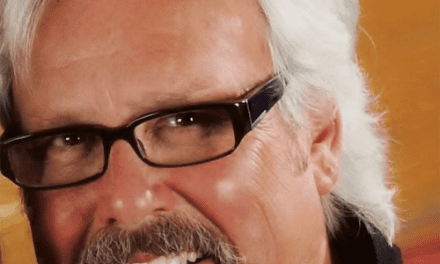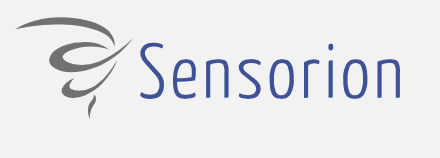The National Institute for Occupational Safety and Health (NIOSH), in partnership with the National Hearing Conservation Association (NHCA) and the Council for Accreditation in Occupational Hearing Conservation (CAOHC), announced the winner of the 2020 Safe-in-Sound Excellence in Hearing Loss Prevention Award™.
This year’s award for innovation in hearing loss prevention goes to the Multilateral Medical Operations Panel (MMOP) Acoustics Sub-Working Group for the International Space Station (ISS). The award will be presented at the Annual National Hearing Conservation (NHCA) Conference on February 21 in Destin, Fla.

The ISS is said to be “a unique work environment that also functions as a home to the astronauts and cosmonauts,” known as crew-members, housing approximately six at any given time. Each crew-member will live and work at the space station for about six months, and sometimes longer periods.
The crew is exposed to constant noise from equipment controlling the basic amenities (eg, air and water supply), as well as noise from the many experiments taking place. The unfavorable acoustical environment led to concerns over sleep and communication interference, alarm audibility, and permanent hearing damage. Such concerns triggered the need for the Acoustics Sub-Working Group to manage the acoustic environment on the ISS and protect the hearing of its workers.
The Acoustics Sub-Working Group wins the innovation award for identifying the unique risk facing crew-members and developing solutions for reducing noise exposure. They work with the crew stationed on the ISS to monitor noise levels; identify noisy tasks or equipment for their Noise Hazard Inventory; test equipment for noise levels before it is sent up to the ISS; develop and implement solutions to reduce noise levels; recommend hearing protection devices to reduce crew noise exposures, and perform audiometric testing before, during (on-orbit), and after flights. The approach taken to conduct noise measurements on the ISS is described in the dedicated supplemental issue of the International Journal of Audiology (IJA), to be distributed at the NHCA conference.
No permanent mission-related hearing changes among American crew-members have been reported in the almost 20 years of ISS operation, according to NIOSH. This is the result of the efforts of the acoustical engineers, audiologists, industrial hygienists, and physicians who comprise the Acoustics Sub-Working Group’s membership from the National Aeronautics and Space Administration (NASA), the Russian Space Agency, the European Space Agency, the Japanese Aerospace Exploration Agency (JAXA), and the Canadian Space Agency. To read more about this project visit: http://www.safeinsound.us/winners.html.
Nominations for the 2021 Safe-in-Sound awards will be accepted until July 15, 2020 at http://www.safeinsound.us/. Safe-in-Sound Awards honor those that have contributed to the prevention of noise-induced hearing loss and tinnitus through effective practices or innovations directed to those who are exposed to noise at work. The awards are granted in two categories: Excellence and Innovation.
For more information about noise and hearing loss prevention research at NIOSH please visit: https://www.cdc.gov/niosh/topics/noise/.
NIOSH is the federal institute that conducts research and makes recommendations for preventing work-related injuries and illnesses. Mention of any company or product does not constitute endorsement by NIOSH. More information about NIOSH can be found at: www.cdc.gov/niosh.
Source: NIOSH
Image: NIOSH, NASA





